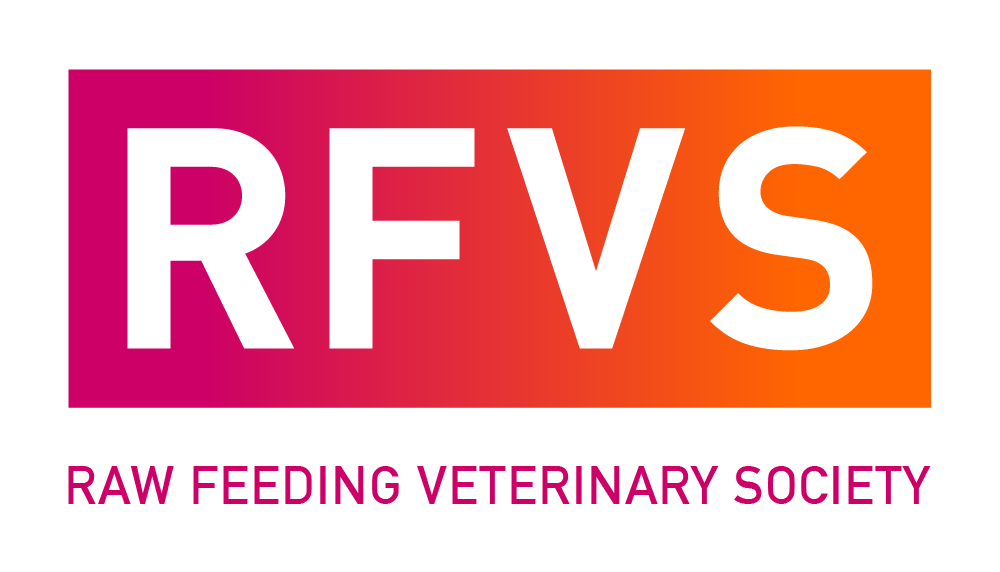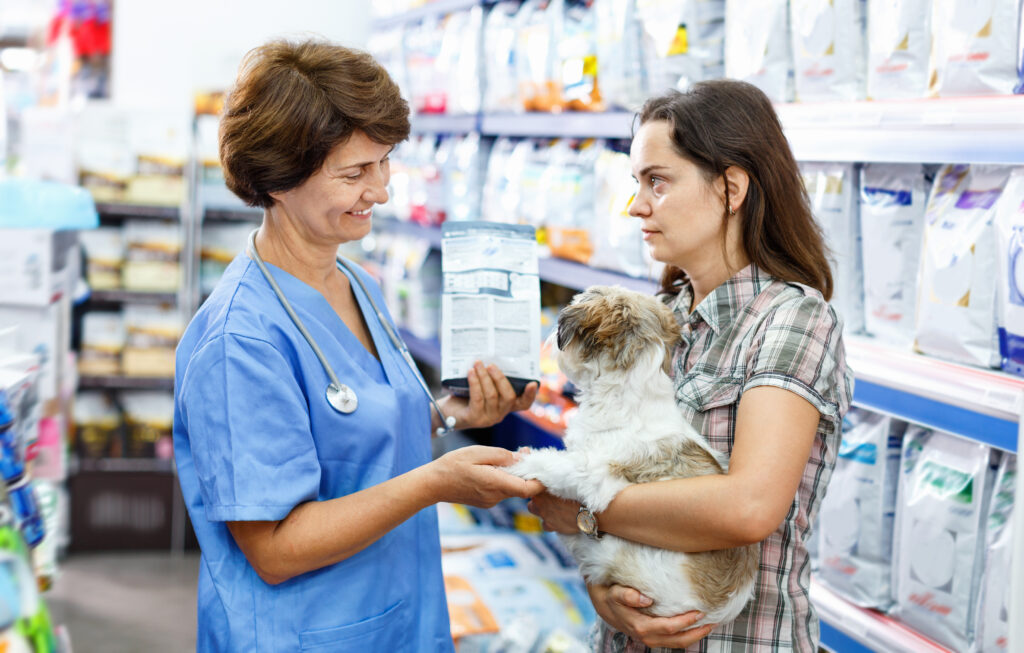A question was asked at our ‘Are You Raw Curious’ event earlier this year, and it was so important that we wanted to make the answer more widely available than just to those who attended the event. The question was
“What to do when your vet is against you feeding raw food?”
It’s an experience that many raw feeders will have been through.

What you feed your animal is a personal choice, a financial choice, a medical choice and hopefully an educated choice. If you’re worried about making this decision, be sure to get more than one opinion and look at more than one reference. But just because a vet is a highly qualified (and often, also very experienced) professional, it doesn’t mean they necessarily know a lot about nutrition.
Most vets are not really that invested in what you feed your pet. Our colleagues who take referral cases know from reading patient histories that it’s unusual to see that diet has been recorded on a medical record at all. It’s likely this is mostly because many vets have not really been educated in the importance and intricacies of nutrition. They likely haven’t been exposed to animals eating anything other than a processed diet. It’s possible that they have not been taught about the positive effects of fresh ingredients and food-based nutrients. The vets in our society and community know, from their own experiences, of the thin and biased nutrition education received in vet schools. They were taught to parrot what the pet food industry told them.
Luckily, because of this, most vets also will likely be fine to avoid discussing nutrition if your opinion on the matter is firm. However, if you are still seeking information in order to make your decision then you can certainly listen to their side. Think about the physiology and the species you’re talking about, watch the results, and see if it makes sense to you. Species appropriate nutrition is absolutely the norm in exotic and zoo animal medicine.


It’s also useful to ask your vet:
- Where they get their resources?
- Do they really know about the ingredients in the food they are recommending?
- Maybe discuss each one from the label – Why was that ingredient chosen? Is it geared to make the animals super healthy or to create an expensive food?
- What about the percentages from the label? What do they mean?
Then, make your own decision based on what makes the most sense in terms of what your pet needs.
Don’t forget, veterinary medicine is a service industry, not a monarchy of power. All of our colleagues mean well and no doubt love animals. They just may not know enough about nutrition.

What foods you choose to spend your money on for your animal is, in the end, up to you. In addition, you are the customer and vets provide a service that you pay for. If you are not interested in a service — say, maybe you don’t want to pay for an appointment time that discusses nutrition, but you would like other services, you can ask for those services.
If your vet insists on talking about it when you’ve already made up your mind you can kindly ask them not to; you can change veterinarians, or you could even change your opinion.
If you feel you are comfortable and educated enough to feed an appropriate fresh raw diet, you can let your vet know that that’s what you’re doing. If your pet is unwell, you can seek the help of one of our members who can be found HERE.
You don’t need to convince your vet of anything or change their mind. You’re allowed to do what you feel is the best thing for your beloved pet.
Raw Feeding Veterinary Society
We would love to hear from you and if you have a vet that is against, for or mutual towards raw feeding. Please comment below (no naming) just simply put one of the following:
Poll: Against Raw Feeding – AGAINST For Raw Feeding – FOR Mutual – MUTUAL

